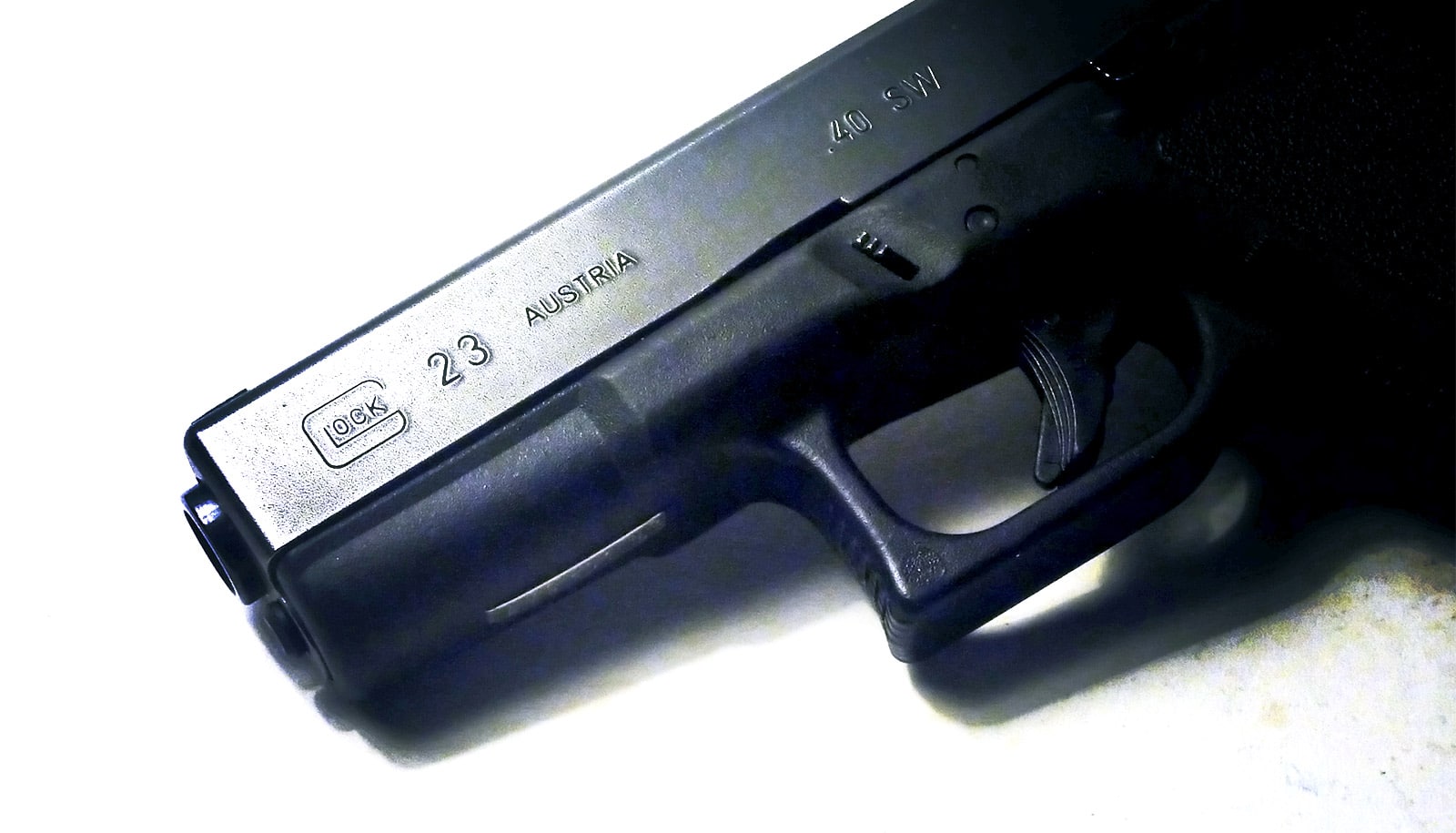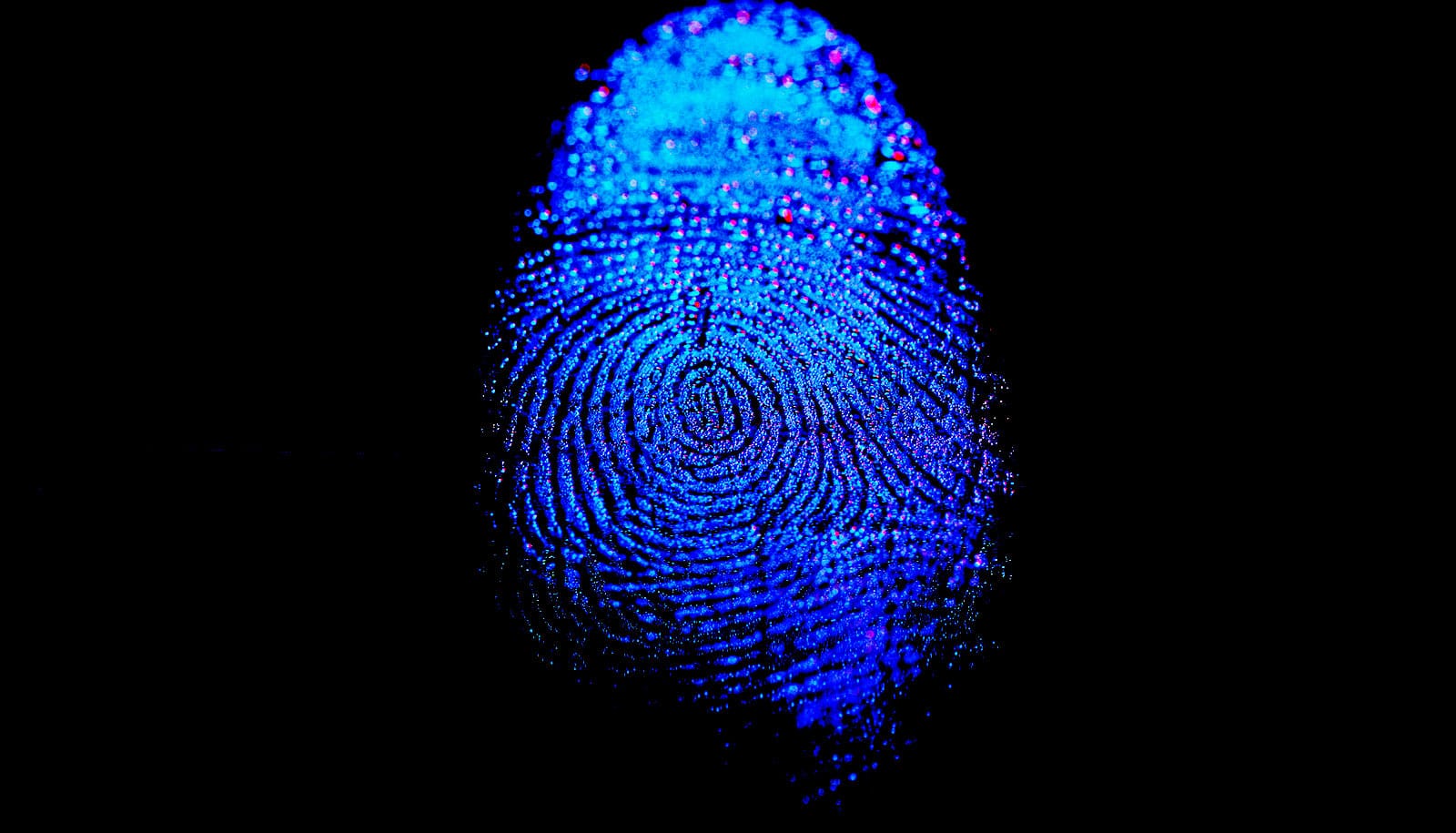New research investigates how people anonymously buy and sell firearms around the world on the dark web.
Debates over gun regulations make headlines across the world, but there’s an underground operation for weapons that has drawn very little attention—until now.
“We know so little about the distribution of firearms sold on the dark web that it’s kind of a black hole, similar to illicit pharmaceuticals and narcotics: We know people buy them online, but we don’t know to what extent,” says coauthor Thomas Holt, professor of criminal justice at Michigan State University.
“The more we understand how guns move, how they are sold, and what types of guns are available on the dark web, the more we’ll understand how the internet can serve as a niche market for gun distribution.”
The research reveals key insights on a trade that undercuts gun laws in the United States, as well as other countries around the world where regulations are tighter.
What kinds of guns?
“What I found most surprising was that most of what we saw wasn’t rifles of military-grade weapons,” Holt says.
“Instead of exotic or rare firearms, we saw handguns—the kinds of weapons someone in the US could buy from stores or vendors with a license. Additionally, the price points of these guns weren’t drastically different than what you’d find if you were buying legally. These observations beg the question, ‘why the dark web instead?'”
Sixty-four percent of the products advertised were handguns, 17 percent were semi-automatic long guns, and fully automatic long guns were 4 percent.
There are many reasons buyers could turn to the dark web to purchase a weapon, Holt explains. One example would be a buyer who can’t legally obtain a firearm; another explanation would be that the buyer lives in a country with stricter gun laws.
Regardless, Holt says that because the dark web allows for total anonymity, it supports his theory that the dark web buyers are those who wouldn’t be able to purchase a firearm legally.
Secret purchases
Holt and colleagues dug into shops, or single-owner websites hosted on Tor, a dark web browser, using a scraping tool to track vendors anonymously selling firearms, as well as to identity patterns of their operations. Common threads between the sellers included: vendors deliberately selling hand and long guns; the use of bitcoin for payment; sellers’ shops requesting PO boxes to ship the product; and how sellers delivered the guns.
From these consistencies, which researchers collected between February 2016 and May 2016, Holt was able to draw conclusions—as well as ask more pointed questions for follow-up research.
“The sellers were very clear about how the transaction would go, which underscored the need for consistent secrecy. Some profile names indicated that they operated out of Europe, but there’s little else to tell about who these people are,” Holt says.
“The sellers would oftentimes say they’d ship the product in separate pieces and hide them in books, shoes, cocoa, computer parts, and other innocuous things, as well as to be alerted if a part was held up in customs.”
While the dark web masks a user’s identity, location, and any traces of persona, Holt’s findings reveal the need for further investigations, and potential growth and impact.
“We shouldn’t take these markets as trivial because they could grow, travel, and change very quickly. It takes just one gun purchased through the dark web to kill someone and the danger is very real,” Holt says.
“While technology doesn’t allow we as researchers to know who these sellers and buyers are, we can confirm that the transactions are very real, that they’re international in scope, and that the buyers could be violating major government regulations and guidelines. This market could cater to major violence and the danger is we don’t know to what extent.”
The study appears in Deviant Behavior.
Source: Michigan State University



